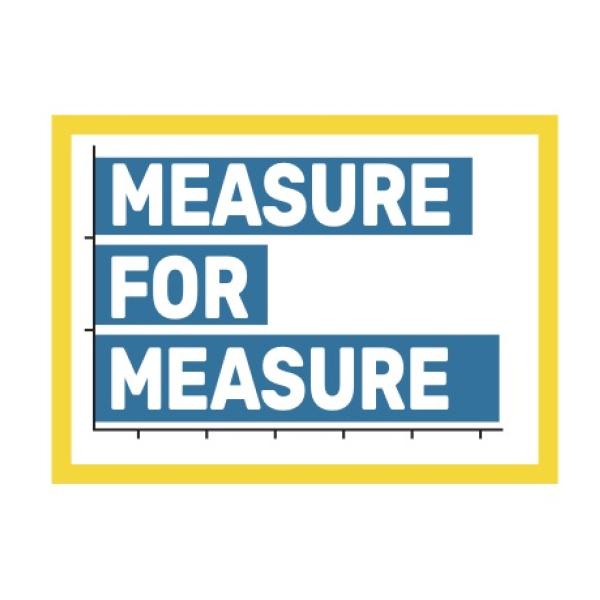On Juneteenth and the Promise of America

NEA Chair Maria Rosario Jackson (c) with Professor Annette Gordon-Reed (l) and Dr. Ruth J. Simmons (r) at the White House Domestic Policy Council Juneteenth panel on June 10, 2024. Photo by Ra Joy
Juneteenth is a celebration of freedom as we recommit to addressing ongoing inequity. It is a celebration of our cultural roots as a source of strength and as a priceless life force that requires tending. It is a celebration of progress, even as we acknowledge how much further we have to go. It is celebration of truth and our commitment to tell our stories on our own terms, as we grapple with the complexities of our histories.
Juneteenth is a holiday that lifts up Black freedom, and freedom for all as we confront our collective history, celebrate the strength of a multiracial democracy, and acknowledge the power we draw from creative expression as a crucial element of what it means to be truly free.
As I said at the White House while moderating a Juneteenth panel hosted by the Domestic Policy Council on June 10th, our nation looks to artists and culture-bearers as “consequential truth-tellers.” The work of artists and our engagement in creative practices help all of us make sense of the world, ask and answer questions. They help us narrate our journeys, celebrate, mourn, dream, connect and heal. They help us be free.
From the earliest Juneteenth celebrations to the present day, the centrality of music, movement, storytelling, food, and community underscore the importance of stewarding tradition in a way that is meaningful, culturally significant and affirming of our human dignity.
While Juneteenth has been recognized and celebrated for more than one-and-a-half centuries, its establishment as a federal holiday in 2021 allows us to help set the tone of the national holiday’s commemoration within our communities and our government. Since signing the law that designated Juneteenth a federal holiday, President Biden and his administration have elevated the role of arts and culture, history, and humanities as vital to its celebration. The National Endowment for the Arts proudly continues supporting the stories of Black people in America as a key element of our collective stories.
On Juneteenth, I am also excited to share resources for inspiration and learning from NEA-supported projects. As we collectively continue to shape this newest federal holiday, I encourage you to take a moment to embrace the holiday’s history and meaning, examine the artforms and culture that have given voice to Black expression, and celebrate the recognition of our shared humanity.
RESOURCES FOR INSPIRATION AND LEARNING
Celebrate cultural heritage.
Black history is American history, including the history of American music. From its origins in the Black American experience to what is now a global treasure, jazz is a uniquely American art form and source of inspiration and creativity. The African American roots of jazz are critical to our cultural identity.
Get Inspired by this playlist of the 2024 National Endowment for the Arts Jazz Masters, recent recipients of the nation’s highest honor in jazz. The NEA Jazz Masters Fellowship raises worldwide awareness of America’s rich jazz heritage by not only honoring those who have dedicated their lives to the music, but also by leading the way in efforts encouraging the preservation and nourishment of jazz as an important musical form for generations to come.
Learn More at this timeline of African American music.
Honor history and tell untold stories.
The ability for people to be expressive and tell and see their own stories on their own terms is core to our American ethos. Attention to storytellers, along with the stories they tell, is an important part of understanding our history.
Get Inspired by the work of Sacred Ground: A Commissioning Project to Commemorate the Tulsa Race Massacre
Learn more by listening to individual stories from across the nation. Learn about the storytellers. Note what you already may have known, what is new knowledge and what resonates with you.
Commit to your community.
Since 1866, Juneteenth has been celebrated in local communities across the nation. Persistent organizing and activism led to Juneteenth’s recognition as a federal holiday. From attending a local festival to asking questions about historic landmarks, observing Juneteenth can begin at home.
Get Inspired by your local Juneteenth celebration. For example, in Miami, Hued Songs has been organizing celebrations for years, with programming including song, dance, spoken-word, visual arts, and educational workshops.
Learn more about historical places throughout the country with this resource from The Cultural Landscapes Foundation. Are any of these places near you?
Make progress toward a multiracial democracy that lives up to the promise of America.
All people have the capacity to be creative, imaginative, and expressive. “Artful lives” is an inclusive concept that contains everything from everyday practices to the making, presentation, and dissemination of professional art from all traditions. The concept has an organic connection to justice and equity, particularly in disinvested communities, from rural to urban places across the country.
Get inspired with stories of people relying on the arts and culture to build a more inclusive future
Learn more about projects including Transform1012 and Building Bridges DC. Many of these projects began with the recognition of the power of the arts to spark change. Where do you see this happening in your community, and how can you get involved?




